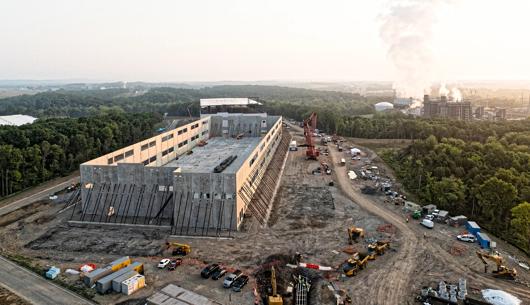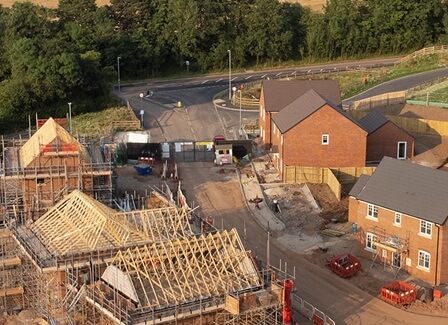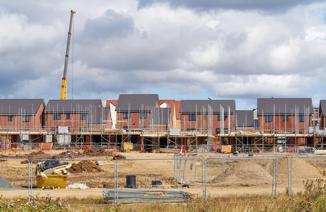As part of a series of AI-announcements this week, the Prime Minister proclaimed on Monday an “AI breakthrough” to “slash planning delays” and help build 1.5 million homes.
The new AI tool, which the government plans to roll out across local authorities, is called 'Extract' and is developed using Google DeepMind's Gemini model. Extract supposedly does what it says on the tin; namely it quickly extracts data from planning documents in PDF, microfiche, or even handwritten formats and converts it into a format that can be effectively utilised in other software and AI applications.
This enables local authorities to use existing open-source tools such as Plan X more effectively. Plan X allows members of the public, agents and planning officers to access key planning data and information more quickly through using simple prompts, and in pilots has been shown to reduce the number of calls to planning helplines and the time taken to validate applications.
According to the government, it is estimated that use of Extract could reduce the 250,000 hours annually spent by planning officers manually processing certain documents. The aim is to make Extract available for all councils by spring 2026.
While introducing new efficiencies into the system is welcome, it is doubtful whether this AI tool will single handedly “slash planning delays”, as claimed.
Firstly, the time estimate given by the government for officers manually checking documents each year needs to be set in context. Even if that figure is accurate, it is a modest percentage of the total annual working hours of planning officers in the country. Planning data, even if available in a more accessible format, still needs to be reviewed and interpreted by officers, and that takes time.
Secondly, and crucially, the numbers of planning officers remain low. They run the system and are needed to either make the decisions directly or oversee the making of decisions at committee.
Findings by the Home Builders Federation from earlier this year indicated that there was a deficit of around 2,200 planners, with 82% of planning departments reporting shortages. It is broadly accepted by most of the planning industry that increasing officer numbers would be one of biggest levers the government could pull to reduce delays. Indeed, the government has announced plans to recruit 300 more planning officers, yet doubts remain over whether this is enough.
In the meantime, there is little detail in the government’s announcement on how AI will “slash delays”, other than by freeing up officers from a modest number of administrative hours.
As matters stand, planning decision making involves a careful exercise of planning judgment; something that AI cannot, and arguably should not, do. Officers are needed for that and until their numbers significantly increase, delays in decision and plan making are likely to remain.
Contact

Will Thomas
Partner
will.thomas@brownejacobson.com
+44 (0)330 045 1361









































